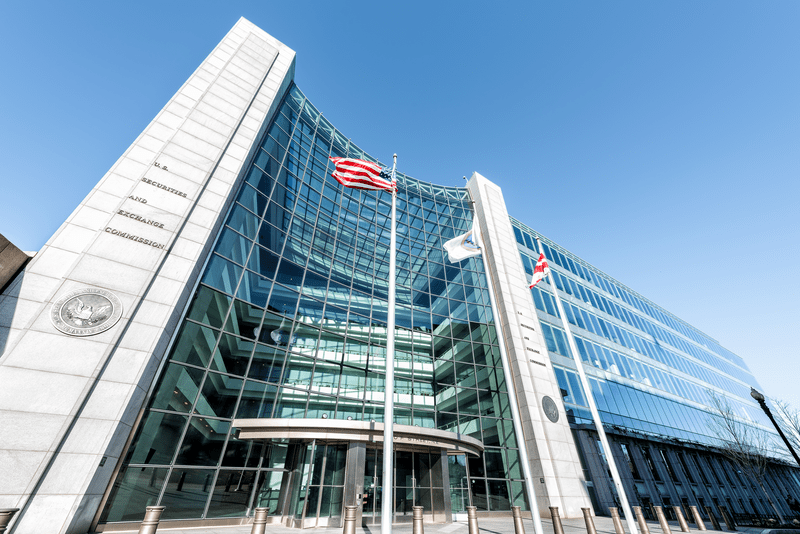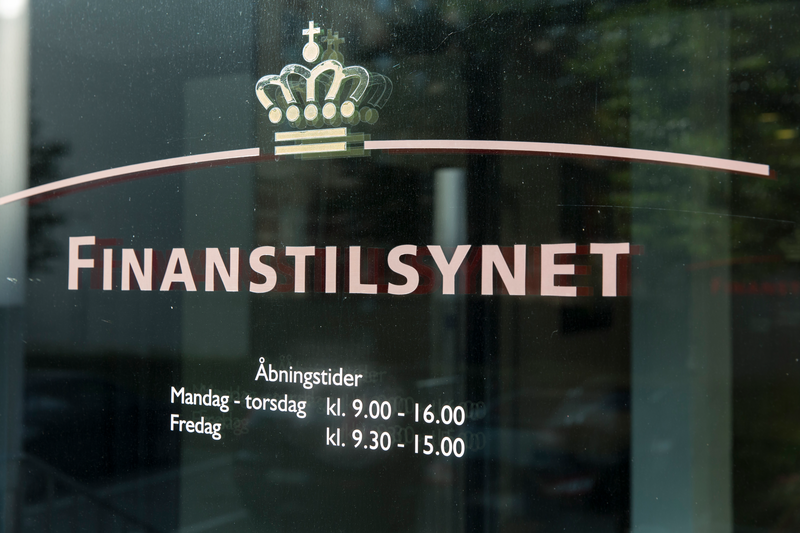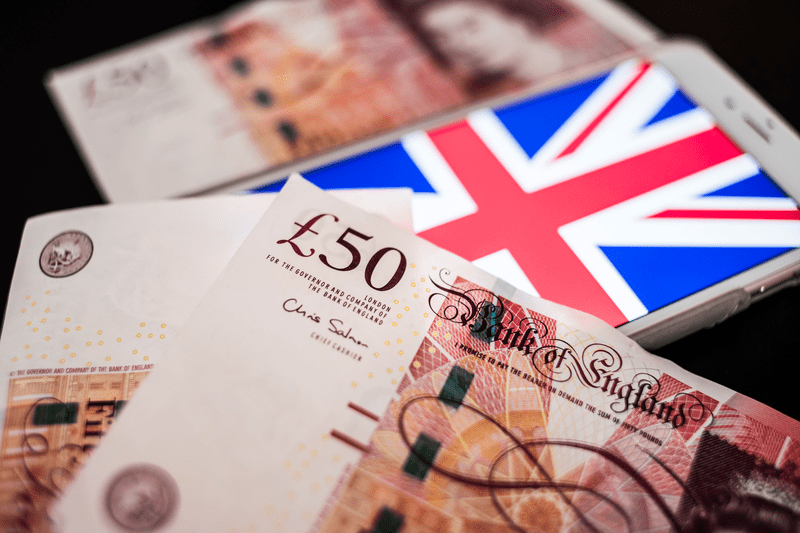The Bank of England’s (BoE) August Quarterly Bulletin included a paper on the digital pound and how it might be a catalyst for innovation, choice and efficiency in domestic payments, based on current research.
The BoE is of the view that it is likely that a digital pound will be needed in the future; however, it remains too early to take a definitive step to introduce it. Nevertheless, the BoE continues to make preparations for a digital pound, issuing consultations and technology working papers to canvass views from industry stakeholders, consumer groups and economists.
What do I need to know?
Lessons from research
The BoE considers four ways in which an organization can enable wider innovation and the lessons that can be drawn for digital pound design:
- Building a new technology.
- Convening a new market.
- Providing data.
- Setting standards.
Building a new technology
The BoE understands that it will not create a new technology, but it will build on existing distributed ledger technology (DLT) to introduce a digital pound; this, in turn, may trigger a wider use of DLT beyond financial services.
The BoE notes the opportunities that might come from the use of an open source model, citing the example of the open source development of a white label central bank digital currency (CBDC) wallet for the “Sand Dollar” CBDC project in the Bahamas.
Convening a new market
The BoE considers the digital pound an innovation platform which will facilitate the development of new, complementary products. Research identifies challenges for an innovation platform:
- Choosing the key sides of the platform: During the design phase, the BoE will consider who the end users will be, the types of product suppliers for digital wallets and other value-add services and what organizations might supply them. The BoE is looking beyond the obvious banks and fintechs to NGOs and bigtechs. It is notable that while bigtechs have successfully facilitated payments, their attempts to launch payments products such as crypto currencies and stablecoins have been generally either abortive or fallen below expectations. NGOs typically lack the necessary expertise to participate in such endeavors.
- Encouraging adoption: To make the digital pound work, not only will consumers and merchants need to adopt it, but payment interface providers (PIPs) and external service interface providers (ESIPs) will need to want to provide products, initially in the form of digital wallets. The incentive for small merchants to adopt the digital pound is strong: all the advantages of digital payment with none of the handling fees (handling fees can leave an unpleasant after-taste, especially for vendors who are providing services for high-volume and lower payment products and services eg taxi drivers). Currently, it would be legal for a business to accept only the digital pound as payment, just as many pubs only accept payment by contactless card. This already raises issues around digital exclusion and access to services for those who still use cash.
- Make the system profitable: To be viable in the long term, the platform will need to generate sufficient access fees to cover the BoE’s costs of running it.
- Establishing rules for using (and not abusing) the platform: The BoE will treat the digital pound platform as it does the rest of its mandate for monetary and financial stability and will develop “scheme rules” and standards for service provision to maintain trust.
- Providing a means for anonymous payments: Currently cash (in sufficient low amounts) only really offers the means to make anonymous payments. The idea behind a digital pound is that this translates this capability into the digital sphere (even though some privacy campaigners fear that governments are only planning to introduce such a currency to track spending and payor/ees, potential features that the BoE has repeatedly said it will not implement or permit).
Providing data
Subject to data relating to the digital pound being anonymized, the BoE is considering providing macro-level data on the digital pound on an open data basis for analysis of payments and economic trends (which can then provide an early warning radar for specific economic incidents or indicators which may allow regulators and support groups to provide more targeted support for the poor and vulnerable).
The BoE is also considering how to translate the Open Banking approach to PIPs, requiring it to share data with other PIPs and ESIPs to promote a competitive market of digital pound service providers and to prevent any large PIP using control of data to entrench a dominant position. This “liquid” data would need to protect user privacy and allow users to control with whom they share their data.
Setting standards
The BoE believes that standards have a role in supporting innovation. By reducing friction between platform participants it can support efficient scaling of the digital pound ecosytem. By generating consistency and familiarity for end users, they will promote trust in the digital pound. They will create a baseline so that PIPs and ESIPs can focus on innovation and differentiating their offerings.
With the digital pound, the BoE aims to launch a new market of state-of-the-art payments services while enabling greater choice for consumers. The BoE will consider which processes and services in the digital pound ecosystem could benefit from standardisation.
Lessons from successes
The BoE considered GPS, the iPhone and Aadhaar (India’s national digital identity system) to see what lessons could be learned from them.
From the success of GPS and Aadhaar, the BoE surmises that use case neutral designs are quicker to implement and allow organic growth. Any complex functionality beyond enabling settlement and the holding of balances should be left to the PIPs and ESIPs.
From the success of the App Store model, the BoE surmises a risk that a single platform-based ecosystem – whether a digital pound or stablecoin – becomes so successful that it evolves into a monopoly provider of digital money, crowding out other innovations in this space. For this reason, the BoE should make the digital pound highly interoperable with regulated payment stablecoins.
The BoE perhaps overlooks the strength of the advantage that the digital pound has over stablecoins: it is legal tender exchangeable for digital money and cash at par at all times.
Where next for the digital pound?
The BoE continues to lay the conceptual foundations for the digital pound, as well as canvassing stakeholder and industry interest groups’ input. We await further developments from the CBDC technology forum about how the digital pound may operate and when it might be feasible to introduce it, should a decision to do so be taken. We do not expect a digital pound to be launched until later half of the current decade.
Philip James, is a partner in the Global Privacy & Cyber Security Group; Ruth Fairhurst is a principal associate in the Financial Institutions Group, Eversheds Sutherland.


















